It’s been awhile since I’ve jotted down a few notes from my reading pile. The stack has gotten a bit tall, eclectic too.
Michael J. Sandel, Justice: What’s the Right Thing to Do? (Farrar, Straus and Giroux, 2009). Based on the author’s famous (and extremely popular) political philosophy course at Harvard, this book examine rival conceptions of justice, exploring “isms” like utilitarianism and libertarianism and thinkers like Aristotle, Kant, and Rawls. What makes the book so effective is Sandel’s easy prose and how liberally he peppers the book with striking illustrations, dilemmas, and examples. Speaking of liberal, Sandel’s own view of justice leans in that direction, but the book is still worthwhile for readers of any perspective.
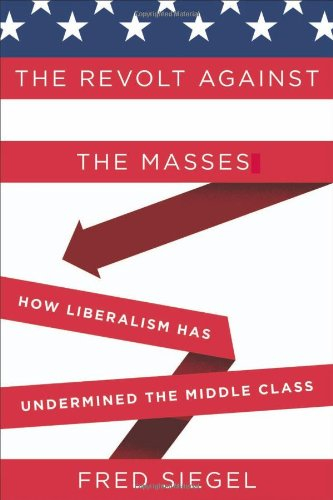
Fred Siegel, The Revolt Against the Masses: How Liberalism Has Undermined the Middle Class (Encounter Books, 2013). Decidedly not leaning in the direction of contemporary liberalism is this book by Fred Siegel, an author, essayist, former editor, and what some might call a “public intellectual.” Don’t let the title and packaging of the book fool you. This is not a fly by the seat of your pants political hit job. In a little more than 200 pages, Siegel takes the reader through the last 100 years of American political and literary history, arguing that modern liberalism has been built upon “a spirited critique of Americanism, a condition [it] understood as the mass pursuit of prosperity by an energetic but crude, grasping people chasing their private ambition without the benefit of a clerisy to guide them” (105-106).
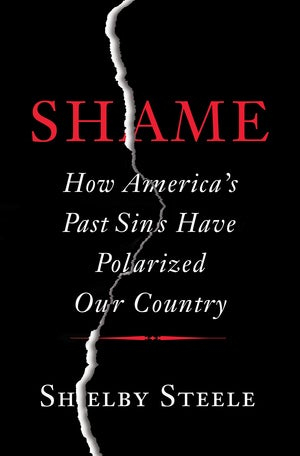
Shelby Steele, Shame: How America’s Past Sins Have Polarized Our Country (Basic Books, 2015). One of the most fascinating, thought-provoking, “I really want to talk to someone about what I’m reading” kind of books I’ve read in the past few years. This is a personal book in which Steele’s own experiences with racism (Steele is black) often take center stage, along with his frustration with white liberals who gain cultural currency by distancing themselves from the Bad more than doing anything to effectively promote the Good. Steele laments that older notions of the Good–hard work, virtue, loyalty, honesty–have been replaced by contemporary notions of the Good that are obtained simply by rejecting America as a fundamentally hypocritical society. The upshot: “This formula–relativism to dissociation to legitimacy to power–enables post-1960s liberalism to present itself to the American people not as an ideology or even as politics, but as nothing less than a moral and cultural imperative” (156).
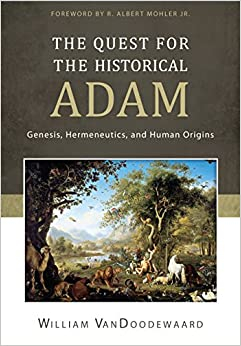
William VanDoodewaard, The Quest for the Historical Adam: Genesis, Hermeneutics, and Human Origins (Reformation Heritage Books, 2015). This important book is not for the faint of heart. True, the book is scholarly and dense, but that’s because Bill (a friend of mine) has done his homework. If you want to understand how the church, through the centuries, has understood Adam and Eve, you cannot ignore this book. Read the introduction, the first and last chapter, and the epilogue if you want this big book’s big idea.
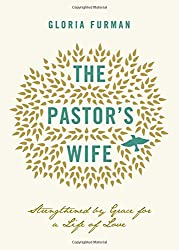
Gloria Furman, The Pastor’s Wife: Strengthened by Grace for a Life of Love (Crossway, 2015). I love Gloria’s writing because my wife–who is busy with six kids and doesn’t get to read as much as she would like–loves to read Gloria’s writing. Here’s what we say on the inside cover: “This book is a breath of fresh air, not because it’s personal (which it is), or because it is practical (which it is), but because it is profoundly biblical. We found Gloria’s Scripture-saturated counsel to be eminently realistic and deeply encouraging. Her wit and wisdom will be good for the pastor and good for the pastor’s wife, which is good news for those in ministry and good news for the church.”
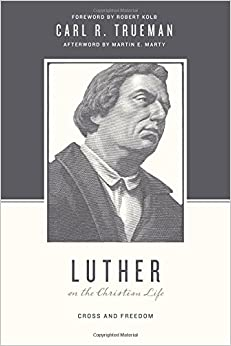
Carl R. Trueman, Luther on the Christian Life (Crossway, 2015). When Carl writes on church history I make sure to read it. Read this book and you’ll go past the boilerplate Luther that is sometimes clumsily trudged out for sermon illustrations and slipshod theological wrangling. Here’s my blurb: “Carl Trueman has pulled off a tremendous feat: he’s not only given us a volume that is scholarly and historically nuanced while still accessible and refreshingly contemporary; he’s also managed to capture the brilliance and boldness of Martin Luther in a relatively short space. Trueman is to be commended for presenting a Luther who is so unlike us in so many ways, and yet a Luther from whom we can learn so much.”
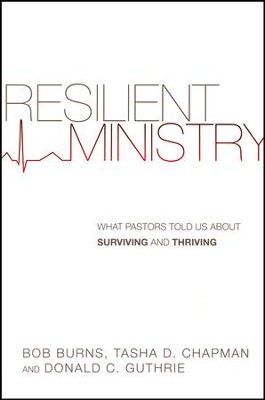
Bob Burns, Tasha D. Chapman, Donald C. Guthrie, Resilient Ministry: What Pastors Told Us About Surviving and Thriving (IVP Books, 2013). There are better books for inspiration and edification in pastoral ministry. Sociological studies can come off dry and detached. But there are still many good reminders in these pages. The topics are what you might expect in a book on healthy pastoral ministry: self-care, conflict, spiritual formation, community, involvement, family life, stress, leadership. Most helpful for me was reading what the many quotations from the actual pastors in the study. I resonated with many of their struggles and weaknesses.
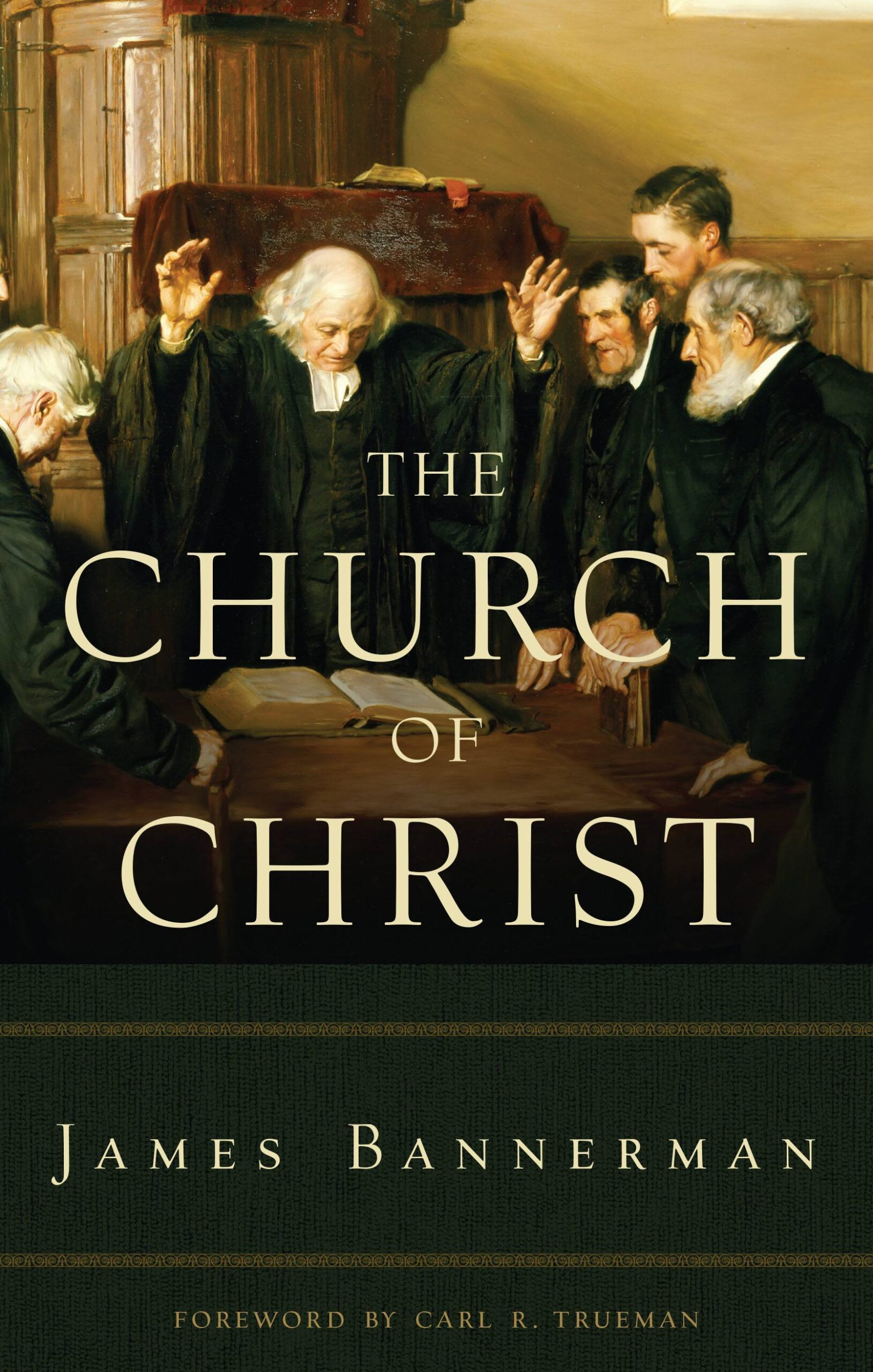
James Bannerman, The Church of Christ (Banner of Truth, 2015 [1869]). Banner is to be commended for publishing this crucial study, and for doing so in a sturdy, handsome, one volume hardcover. I know it’s cliche, but every Presbyterian pastor really should have this book on his shelf. Here’s what I say on the back cover: “I am thrilled to see this classic work on Presbyterian polity being reissued. And if you think ‘thrilled’ and ‘Presbyterian polity’ don’t belong in the same sentence, that’s just one more reason we need Bannerman’s book. In a day when the doctrine of the church is often thought obscure, irrelevant, and even divisive, Bannerman reminds us just how much our forefathers thought about this topic and just how much the Bible has to say on these issues. This big book on the nature and order of the church is more helpful, more contemporary, and more important than you might think.”
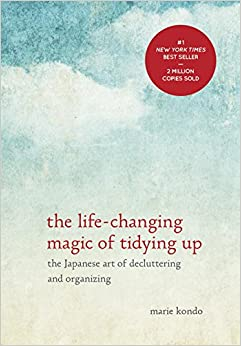
Marie Kondo, The Life-Changing Magic of Tidying Up: The Japanese Art of Decluttering and Organizing (Ten Speed Press, 2014). Yes, I actually read this book. And yes, parts of it were helpful. Kondo, who seems to have been a natural tidying prodigy all her life, offers a number of common sense suggestions (e.g., get rid of lots of your stuff, discard then organize, tidy up your life and you’ll feel better) and some ideas you may not have thought of (stack your clothes and socks vertically, try to tidy up your house in one whirlwind cleaning spree, throw everything on the floor before you tidy it up). I could have done with 20 pages on tidying up instead of 200, and less of the infomercial “everything will get better!” pitch would have been nice. But still, if you get inspired to pitch (or give away) a bunch of stuff, that book will have served a useful purpose. One big caution: Kondo’s Shintoism comes through in pronounced ways toward the end of the book.



